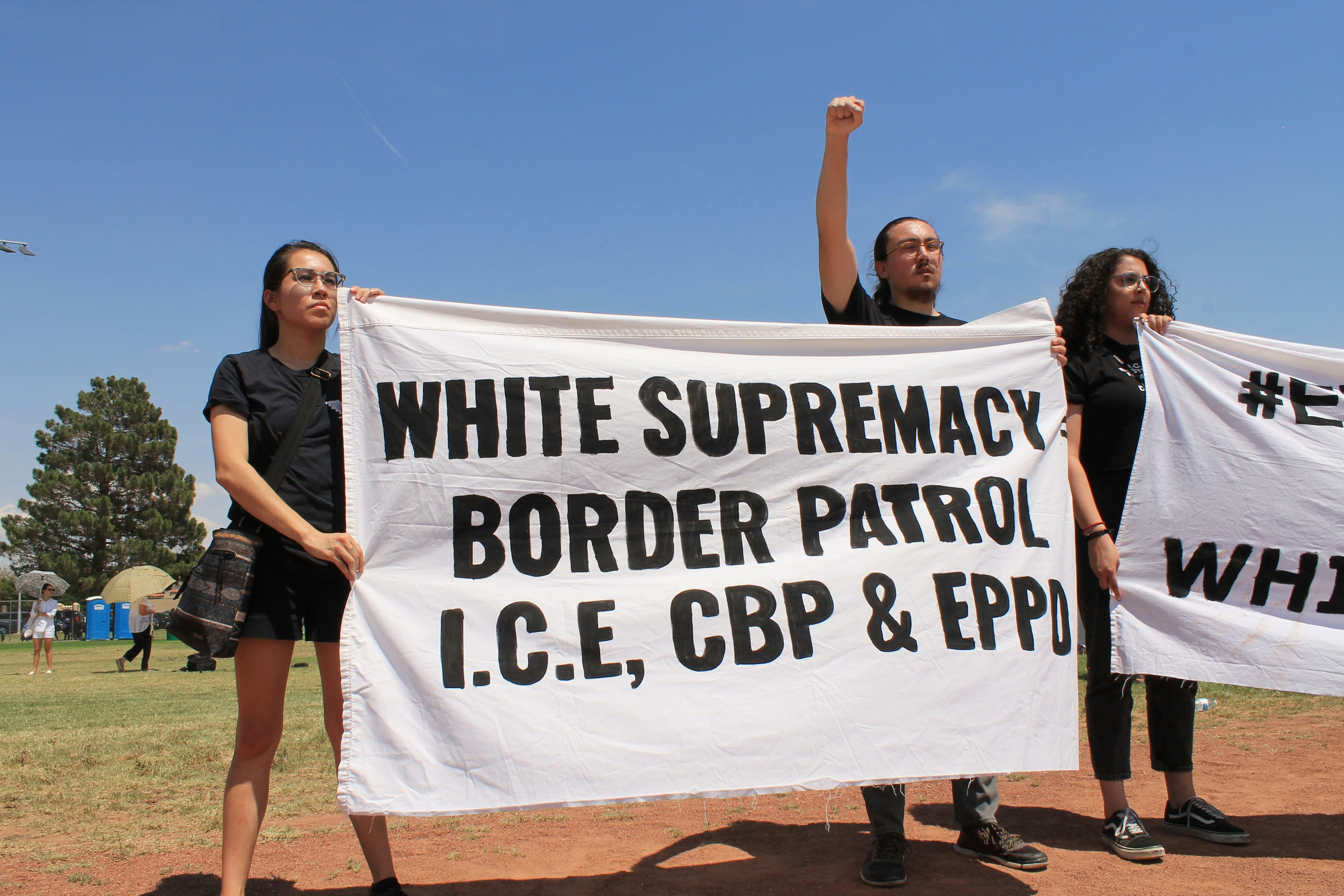Russia influencing Serbia to stay away from the EU and NATO.

Russia influencing Serbia to stay away from the EU and NATO.
Russia’s Influence on Serbia: A Strategic Move Away from the EU and NATO
In recent years, there has been a noticeable geopolitical shift in the Balkans, with Russia actively working to influence Serbia and steer it away from the European Union (EU) and the North Atlantic Treaty Organization (NATO). This strategic move by Russia has raised concerns and triggered discussions about the implications for regional stability and Serbia’s geopolitical alignment.
Historical Ties: To understand the current dynamics, it is essential to consider the historical ties between Russia and Serbia. The two nations share cultural, historical, and religious connections, fostering a strong bond that dates back centuries. These ties have laid the foundation for Russia’s influence in the region, providing a platform for diplomatic and strategic collaboration.
Economic Partnerships: One of the key elements of Russia’s influence in Serbia is the development of economic partnerships. Through trade agreements, energy deals, and infrastructure projects, Russia has positioned itself as an important economic ally. By fostering economic dependence, Moscow gains leverage to shape Serbia’s foreign policy decisions.
Military Cooperation: Russia has also strengthened its military cooperation with Serbia, offering arms deals, joint military exercises, and defense partnerships. This military collaboration not only enhances Serbia’s defense capabilities but also aligns the nation more closely with Moscow’s geopolitical interests. As NATO seeks to expand its influence in the region, Russia’s military support to Serbia serves as a counterbalance.
Propaganda and Disinformation: In the era of information warfare, Russia has employed propaganda and disinformation campaigns to influence public opinion in Serbia. By shaping narratives that portray the EU and NATO negatively, Moscow aims to create skepticism and resistance towards Western alliances. Social media platforms and state-controlled media outlets have been instrumental in disseminating this propaganda.
Political Influence: Russia’s influence extends into Serbian politics, where pro-Russian political figures advocate for closer ties with Moscow and distance from Western organizations. This political alignment is evident in Serbia’s reluctance to join NATO and the occasional skepticism towards EU integration. Moscow’s support for political leaders who share its vision strengthens its grip on Serbia’s decision-making processes.
Implications for the EU and NATO: As Serbia tilts towards Russia, the EU and NATO face challenges in their efforts to integrate the Balkan nation. The geopolitical consequences are significant, with potential implications for regional stability, security, and the balance of power in Southeast Europe. The EU and NATO must navigate this complex situation diplomatically to maintain stability in the region.
Russia’s influence on Serbia to distance itself from the EU and NATO is a multifaceted strategy encompassing economic, military, propaganda, and political dimensions. The implications of this influence extend beyond bilateral relations, affecting the broader geopolitical landscape in Southeast Europe. As Serbia continues to navigate its alliances, the international community watches closely, recognizing the delicate balance required to ensure stability in the region.




